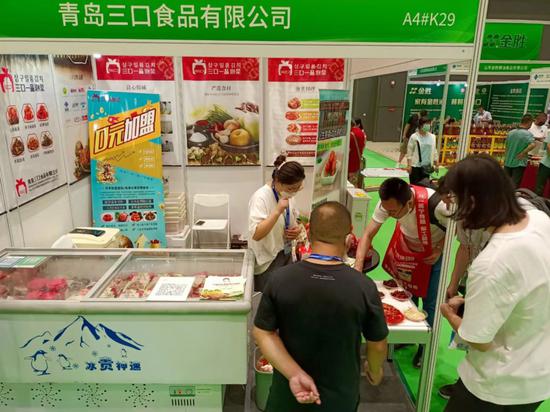
Shoppers buy kimchi products during an expo in Qingdao, Shandong province. (Photo provided to China Daily)
In Pingdu, a major pickle export center in China and a county-level city in Qingdao, Shandong province, local pickle processing enterprises are busy expanding production capacity.
Their automated production lines are running at full speed to meet surging demand from South Korea, where the cost of making kimchi has increased 20 percent from last year due to the rising price of ingredients such as cabbage and radishes, said the local government.
In the first eight months, Qingdao exported 173,000 metric tons of kimchi, an increase of 12.8 percent year-on-year, according to statistics from the agriculture and rural affairs bureau of Qingdao. It is expected that Qingdao will export 300,000 tons of kimchi to South Korea by the end of this year.
Qingdao, located across the sea from South Korea, now supplies more than half of the kimchi in the South Korean market. Pingdu alone has a total vegetable growing area of nearly 50,000 hectares, serving as strong support for the sustained development of the pickle industry. In turn, the business has helped local farmers find a huge market to sell the vegetables they grow.
Thanks to convenient Customs arrangements, the kimchi produced in Pingdu can reach South Korean tables in just four days. The products are also sold in other international markets, including Japan and Europe.
Their products are popular because of the high quality of locally grown vegetables such as cabbage and green onions that fit South Korean tastes.
"The raw materials such as cabbage, radishes and garlic used for making kimchi are fresh. We purchase them extensively throughout the country according to the ripening season of the different materials to ensure their freshness," said Xu Yuedong, general manager of Qingdao Xianglong Foods Co.
Each batch of raw materials required for kimchi is stored after passing strict inspections. The company also conducts 12 random inspections throughout the year to ensure product quality and safety, Xu said.
Cabbages go through a series of complex procedures, including cleaning, disinfection, screening, pickling and mixing, to become the final product.
Xu said that the storage of raw materials, semi-finished products and finished products — as well as the entire production process — are strictly temperature-controlled to reduce microorganisms.
Xianglong's products have been sold in the Japanese market since 2002, and in 2018, the company started exploring the domestic market, partnering with many leading supermarket and restaurant chains.
Its domestic sales are increasing at an average annual rate of 30 percent and now account for half of its total sales.
Qingdao Songyuan Food Co, another pickle exporter, has developed more than 40 flavors of kimchi products. The company develops each of its products after more than one year's research based on consumer taste, said Wu Yongjun, founder of the company.
"Our quality control staff keep tasting the product and modifying the formula, until we have a mature product," said Wu.








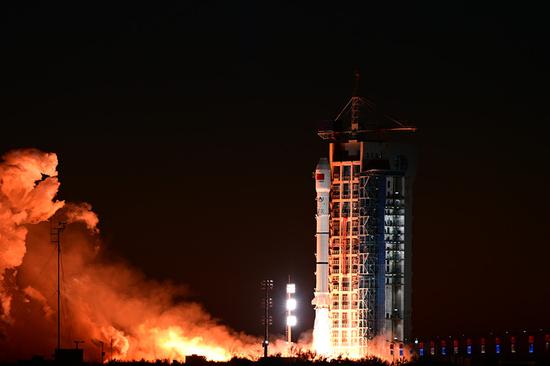

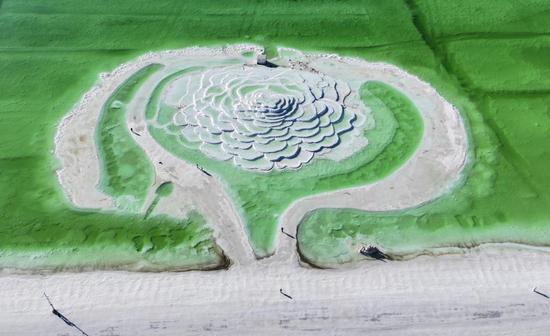
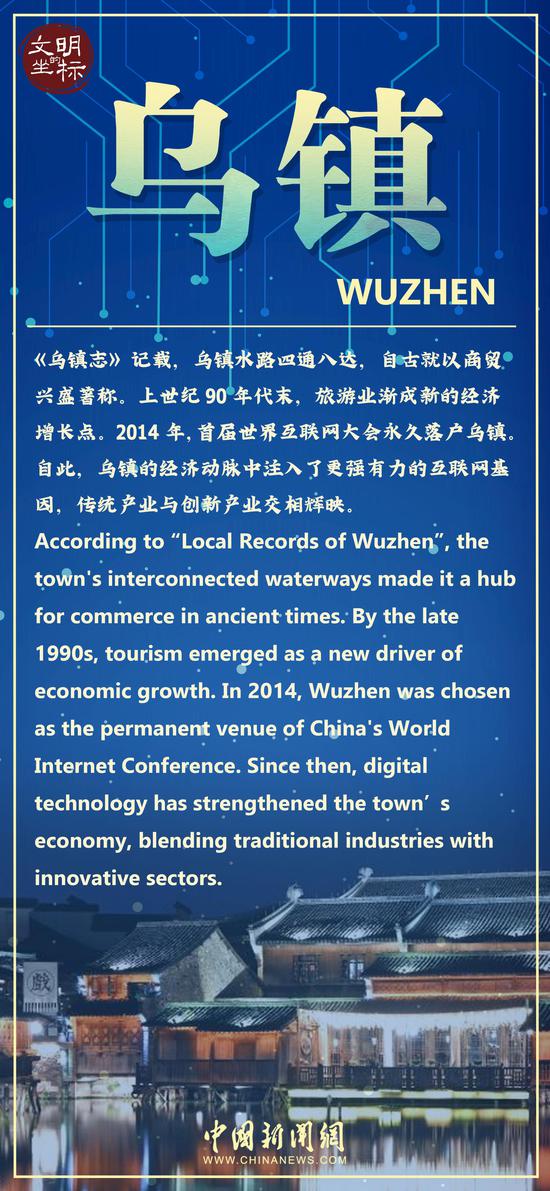
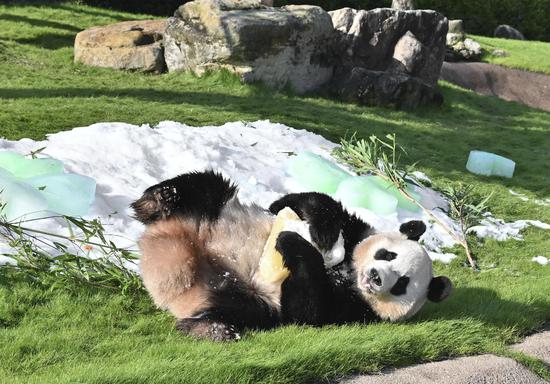








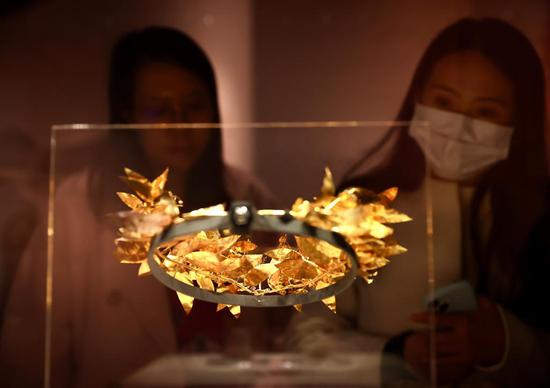

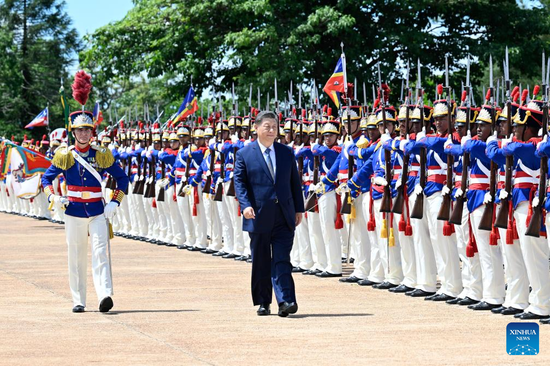




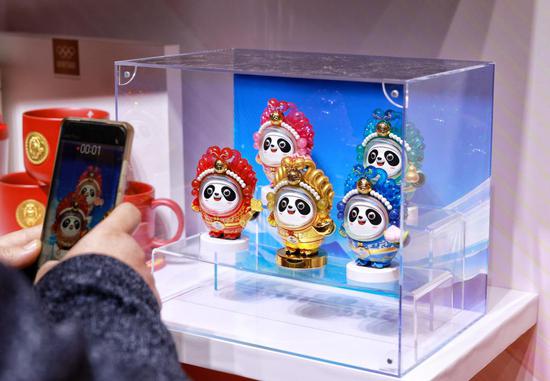
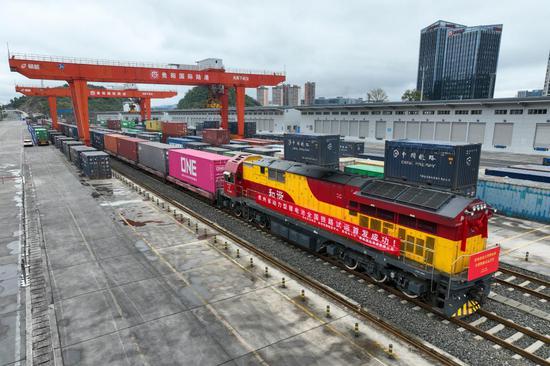
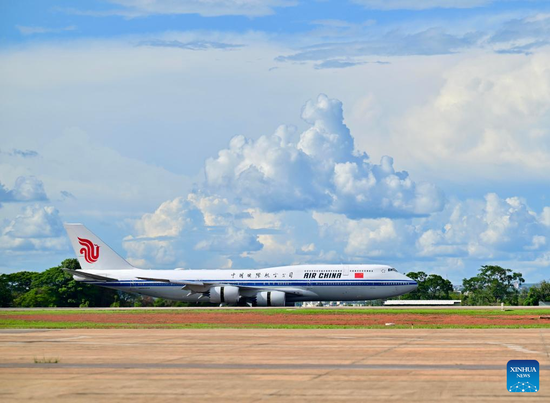

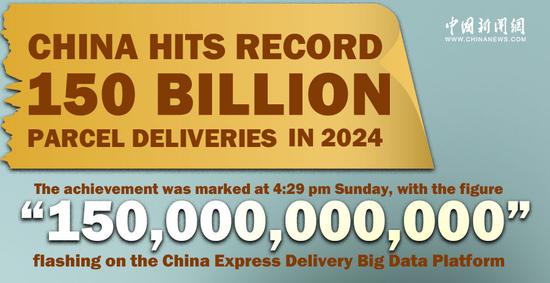

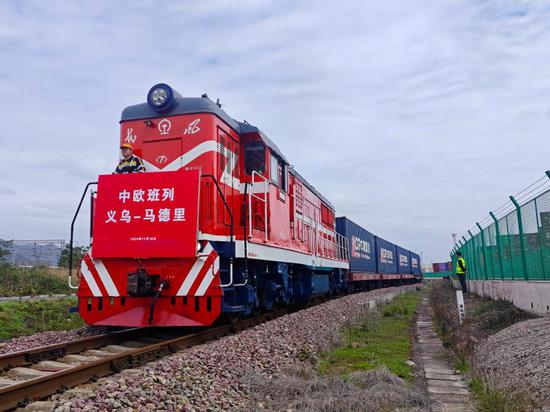
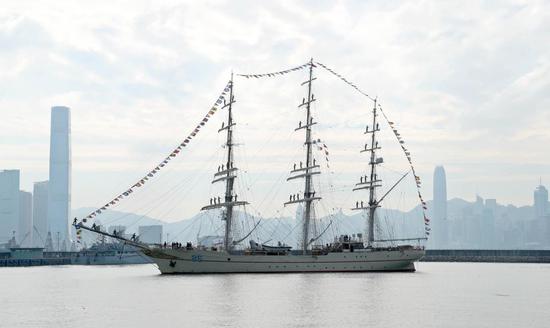

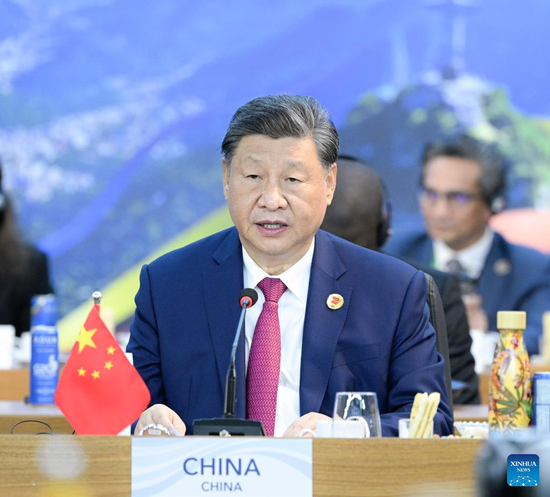



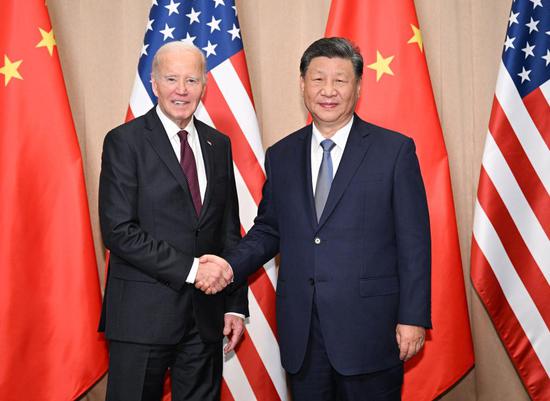
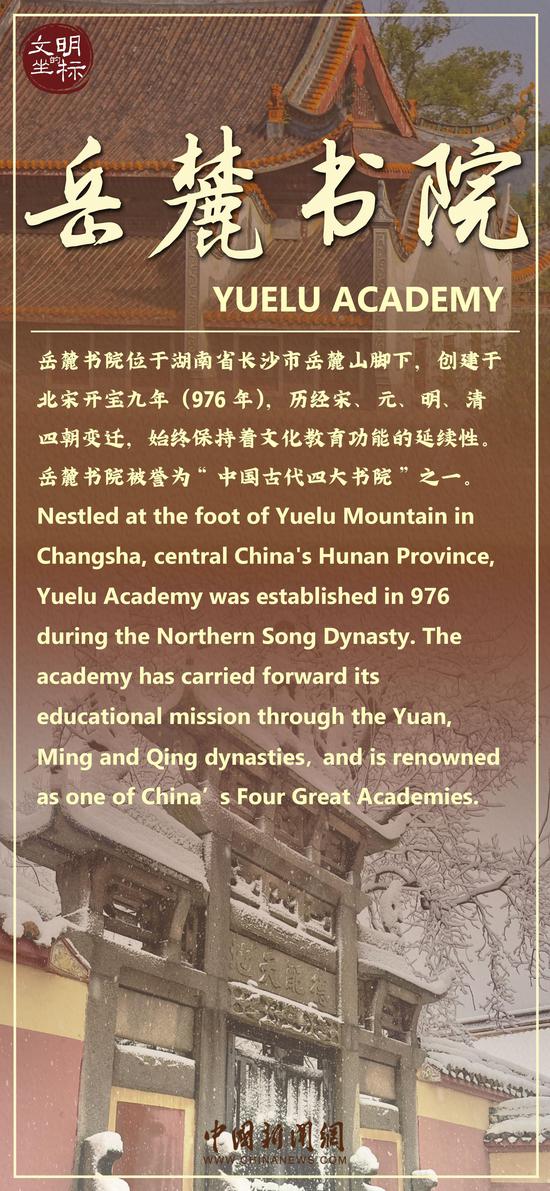
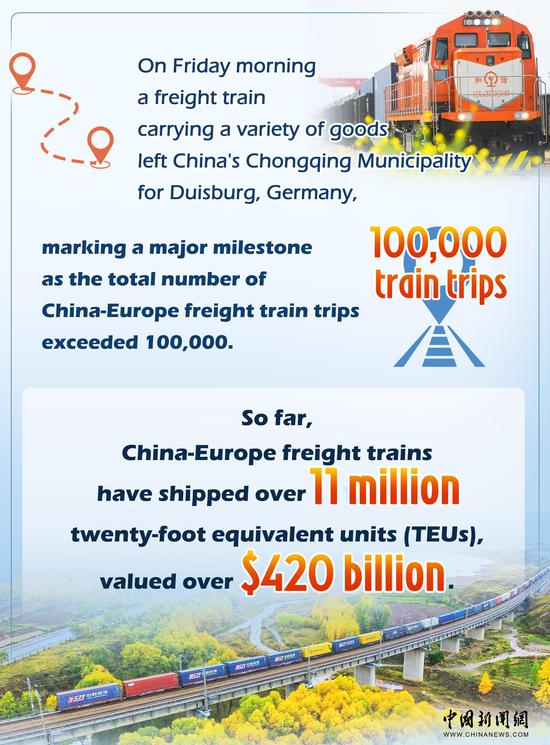
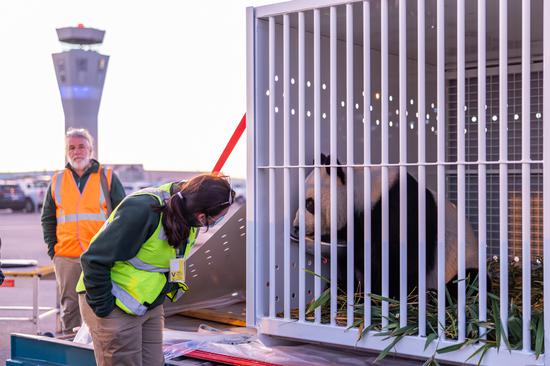





 京公网安备 11010202009201号
京公网安备 11010202009201号